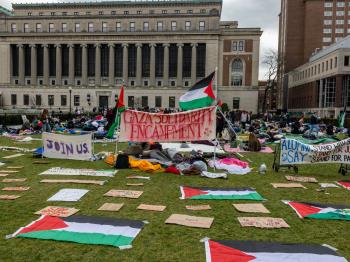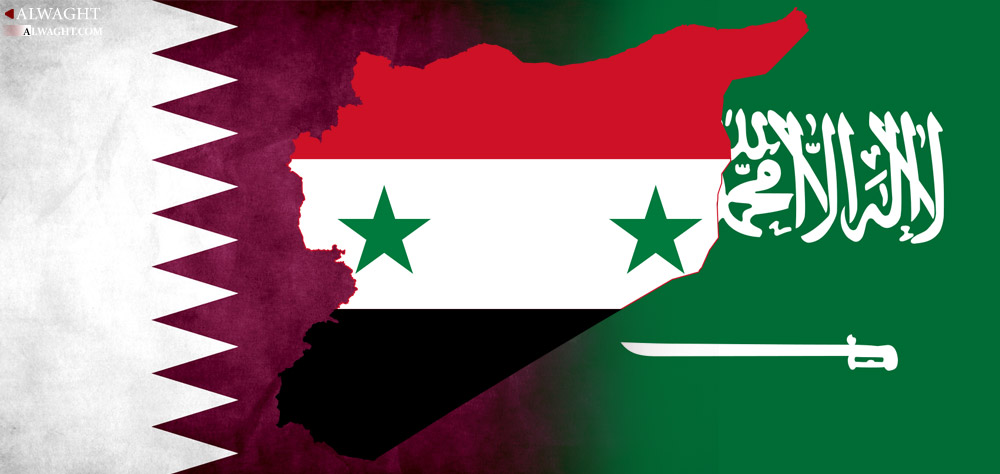Alwaght- Qatar and Saudi Arabia are the two active Arab actors in the Syrian crisis. Using financial, media, military, and political instruments, these countries have found the chaos in the region, which is unprecedented in 55 years, an opportunity to boost their own role and impair their regional rivals' strength in West Asia region. This action has been glaringly apparent in their opposition towards the Syria government and inflammation of the crisis in the areas close to the capital Damascus, Aleppo, and Idlib.
However, this Arabic role has begun to shrink in the past few months, particularly after the ISIS terrorist group started being weakened. Liberation of the strategic northern city of Aleppo, the tripartite Moscow conference on Syria ceasefire, announcing an agreed-upon truce deal by Russia and Turkey, and disunity of militant groups have made the happening events to work for impairing role of this two Arab actors in Syria.
Three reasons can be put forth showing shrinkage of Arabic role in Syria:
Assad’s allies take the initiative
The financial, logistical, advisory, and military supports of Iran and Russia played a crucial role in protecting the structure of the Syrian government amid a devastation campaign of the Arab-Western camp. In addition to backing Damascus in its liberation of Aleppo, Moscow and Tehran offered initiatives that helped pave the way for the crisis to move toward political solution. In fact, President Assad allies' initiatives in practice caused the opposition front, which is well supported by Saudi Arabia and Qatar, to suffer dispersal and weakness. This becomes further noticeable as the activism on Syria is moving toward strengthening the political settlement, and the relevant sides are preparing the ground for next round of peace negotiations between Damascus and opposition set to be held in Astana, Kazakhstan.
Turkey’s U-turn
Perhaps one of the key issues that strongly affected weakened role of the Arabic camp in the Syrian conflict at the present time has been a shift in Turkey’s stances on the Syrian government. Ankara is an actor with decisive role in making the conditions of the battlefields in northern and northwestern Syria either peaceful or chaotic. Turkey’s standing in one of the coalitions and camps in the struggle can significantly influence the way field equations being shaped on the ground. To be precise, Ankara’s role in supplying the opposition forces with aids during the years of crisis has been unmatched. This effectiveness of role will continue, and actually a major part of Saudi and Qatari goals in Syria are addressed by such a Turkish activism. Therefore, any change in Ankara’s posture toward a political settlement can further undermine the Arab states' damaging role in Syria as much as it can help push the crisis toward political solutions.
US confusion
The third drive behind a decline in the Arabic role in the Syrian crisis has been the US' bewilderment and lack of resolution to press ahead with the bid to topple the Syrian government. In fact, US backing in terms of offering military help, building consensus, and presenting initiatives could provide a massive and efficient cover for Qatar and Saudi Arabia in order for them to act even more effectively.
In he middle of the crisis and the time when the US held an outstanding role in Syria’s conflict was the time when Saudi Arabia and Qatar freely provided support for the terrorists as well as the armed Syrian opposition. If the US confusion continues and the new US administration led by Donald Trump cooperates with Russia on Syria, it can be asserted that the Arab camp will see even bigger impairment in the Syrian crisis.



























